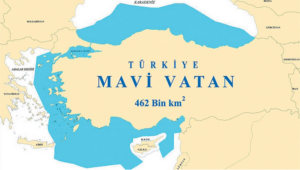President Lyndon Johnson faced a conundrum. As the Cold War raged, the United States sought to cultivate both Israel and Arab allies. Each sought American arms, but the possibility that Arab states might use such weaponry to attack Israel was real.
It was against this backdrop that, in 1968, Johnson blessed the sale of Phantom F-4 fighter jets to Israel. At the time, the Phantoms were among the world’s most advanced. Israel received them before NATO allies Germany and Turkey and a decade before Egypt. Ultimately, the internal deliberations led to a de facto commitment to maintaining Israel’s qualitative military edge. The logic was simple: The Arab world outnumbered Israel with troops, artillery, tanks, and aircraft. To balance out Arab states’ quantitative edge, successive U.S. administrations guaranteed that Israel would always have the first crack at the most advanced weaponry. For half a century, the balance created by Israel’s qualitative military edge worked.
Boris Johnson resigns as PM and Tory leader after wave of resignations (video)
It is time to replicate the model more broadly in the Eastern Mediterranean. Turkey is increasingly aggressive. It is occupying, bombing, or threatening Cyprus, Syria, Iraq, Armenia, and, in recent weeks, Greece. At the same time, the White House has endorsed the sale of upgraded F-16 jets to Turkey as a bit of a consolation prize after Turkish President Recep Tayyip Erdogan disqualified Turkey from the F-35 Joint Strike Fighter program by purchasing Russia’s S-400 missile system.
Read more: Washington Examiner
Ask me anything
Explore related questions





